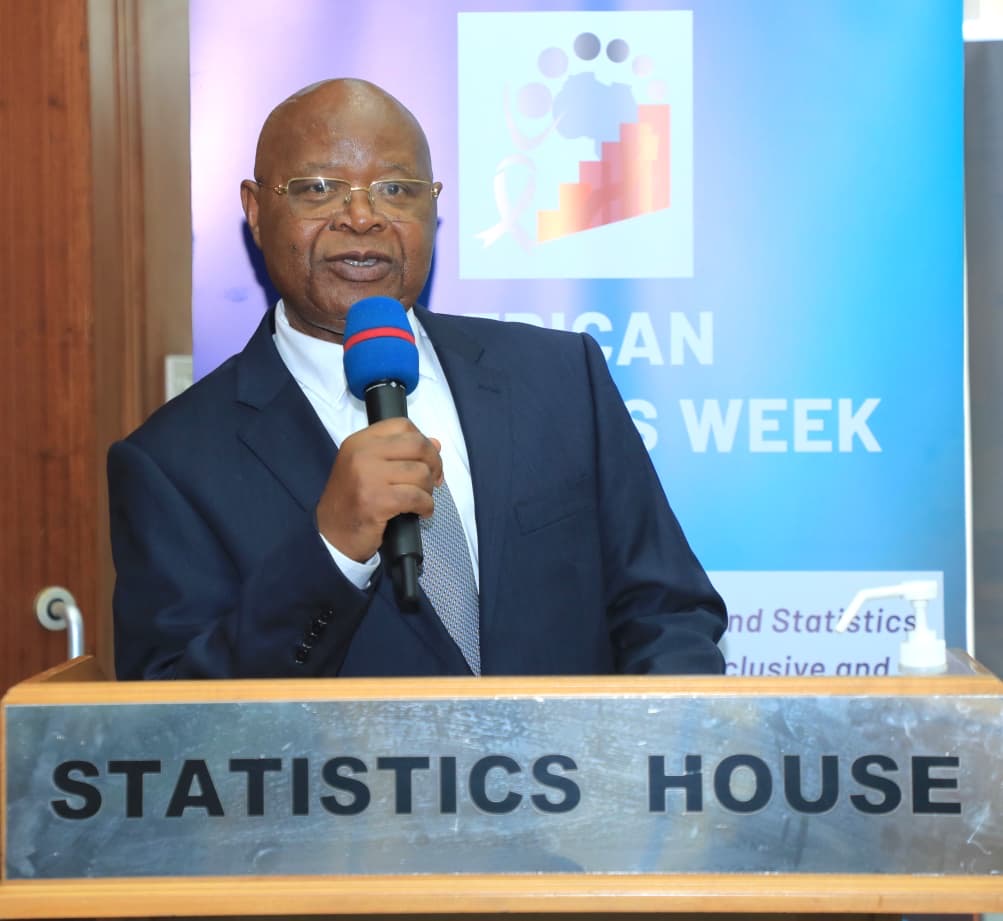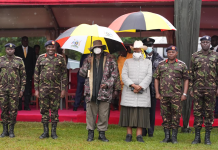Trust in Uganda’s justice system has climbed to 93 percent, according to the 2024–2025 National Governance, Peace and Security Survey released by the Uganda Bureau of Statistics. The results come as government institutions continue evaluating reforms across justice, peace and public service delivery.
The survey was launched in Kampala during Africa Statistics Day. It sampled nine thousand households across fifteen subregions, with funding from the Government of Uganda and support from UN Women. UBOS says the findings provide a national picture of how Ugandans view justice, security and public institutions.
Trust in the justice system has risen steadily, from 79 percent in 2017 to 93 percent today. UBOS links this to judicial reforms, better case management and efforts to curb corruption. Public confidence in the government’s ability to maintain security stands at 82 percent, and human rights awareness is at 89 percent.
Feelings of safety have also improved. Sixty percent of respondents said they feel safe walking alone at night, while 81 percent described themselves as generally happy. UBOS analysts attribute these trends to community policing, improved law enforcement and social programmes that stabilise households and communities.
UBOS Executive Director Dr Chris N. Mukiza said the survey offers a clear reflection of the country’s progress and provides evidence that can guide national planning. He emphasised the need for regular data to support accountability and policy decisions.
Representing the Minister of State for Planning, Director Rosette Nakavuma said the findings show improvements across most governance indicators, even though some challenges remain. She called on leaders to use the data to address the gaps and support more inclusive development.
The Ministry of Justice and Constitutional Affairs, represented by Sam Waigara, said the results reflect ongoing efforts to strengthen institutions and expand access to justice. He noted that high levels of trust and awareness of rights point to progress in civic education and the delivery of justice services.
The report also highlights areas that still require attention. Fourteen percent of respondents reported paying a bribe in the previous year, and 29 percent said they experienced discrimination. Although these figures have dropped compared to earlier surveys, UBOS says they remain a concern. Trust in hospitals and schools stays above 75 percent, but only 39 percent of respondents feel involved in decision making, pointing to the need for stronger citizen engagement at community and national levels.























